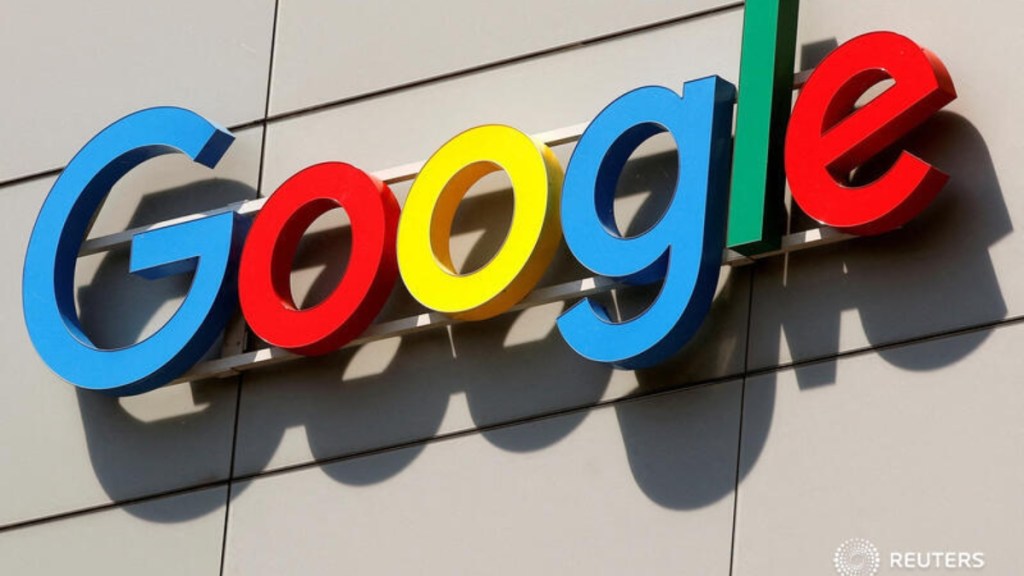The Competition Commission of India’s (CCI) latest order dismissing the plea of digital entities against Google’s updated payment policies seems to have given a fresh hope to the tech giant. But experts said that the ‘seemingly opposite’ order from the competition watchdog barely within a week of another order against Google doesn’t give any conclusive advantage to either parties.
Opinions are divided on what the denial of interim relief means. Anupam Shukla, partner at Pioneer Legal said that the Google has already made concessions on its payment policies in the past, and it would be unfair to expect Google to continue to offer its Play Store app platform to apps for free (Indian or otherwise).
“CCI has not found enough merit in the request of the app developers, and refused to order Google to stop charging fees for the use of its Play Store. Ultimately, the parties will have to arrive at a commercial consensus regarding the terms on which the apps can continue to be listed on the Play Store,” he said.
The competition watchdog has been sparingly giving interim relief ever since the Supreme Court asked it to exercise its powers only under compelling and exceptional circumstances. Experts said that the interim relief is given in circumstances where the CCI is sure that by denying that there could be an irreparable damage to the affected parties. In this case, it seems that even if the Google is found guilty, the harm inflicted upon the aggrieved companies can be remedied through monetary compensation.
“At any rate, when the affected parties can be compensated monetarily, the CCI is expected to refrain from providing interim relief and wait for the investigation to be completed,” said Augustine Peter, former member, CCI.
However, some experts believe that prima facie evidences are usually sufficient enough to grant interim reliefs.
“A plain assessment shows that the petitioners do have a strong case and the interim order should have been granted. However, CCI’s order has made it clear that the dismissal of the interim relief will not impact the merits of the case,” said Alay Razvi, partner at Accord Juris LLP.
For instance, in its latest order, CCI said that “it is also made clear that nothing stated in this order shall be tantamount to a final expression of opinion on the merits of the case, and the DG shall conduct the investigation without being swayed in any manner whatsoever by the observations made herein.”
On March 15, CCI had ordered a detailed investigation on this matter after four entities approached the commission alleging that Google’ User Choice Billing (UCB) system is discriminatory and unfair that disrupt competition in the app markets. The entities are primarily worried about the billing policy for in-app purchases and paid apps.
Google introduced UCB in 2022 that gave the liberty to app developers to offer alternative billing systems (ABS) alongside Google Play Billing System (GPBS). The app developers said that Google imposes 15-30% service fee on GPBS and 11-26% commission on ABS.
In its previous order, CCI said that the Google’s service fees in both GPBS and ABS substantially exceeds its cost of providing the services (6%) which appears to be an abuse of dominant position by the tech giant.
